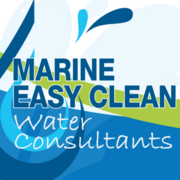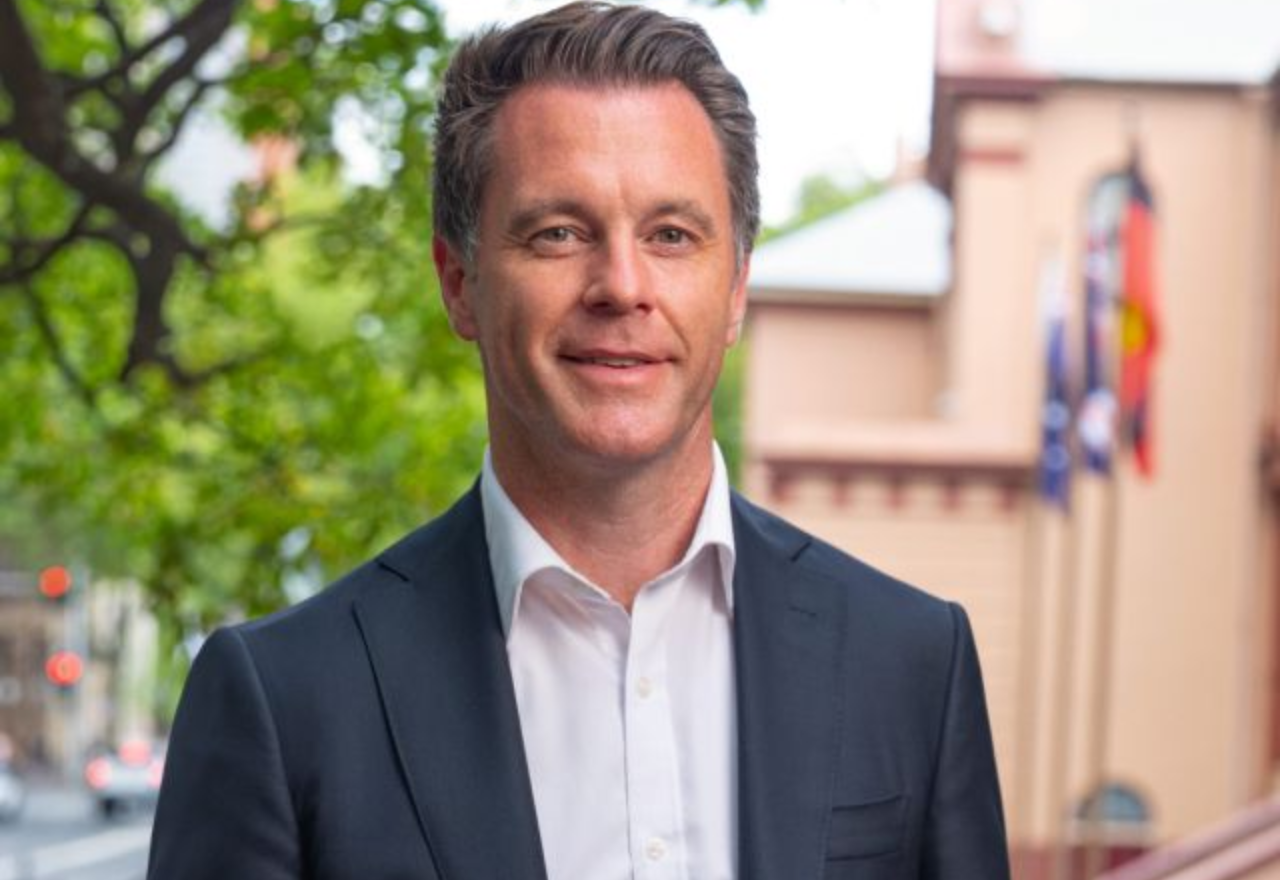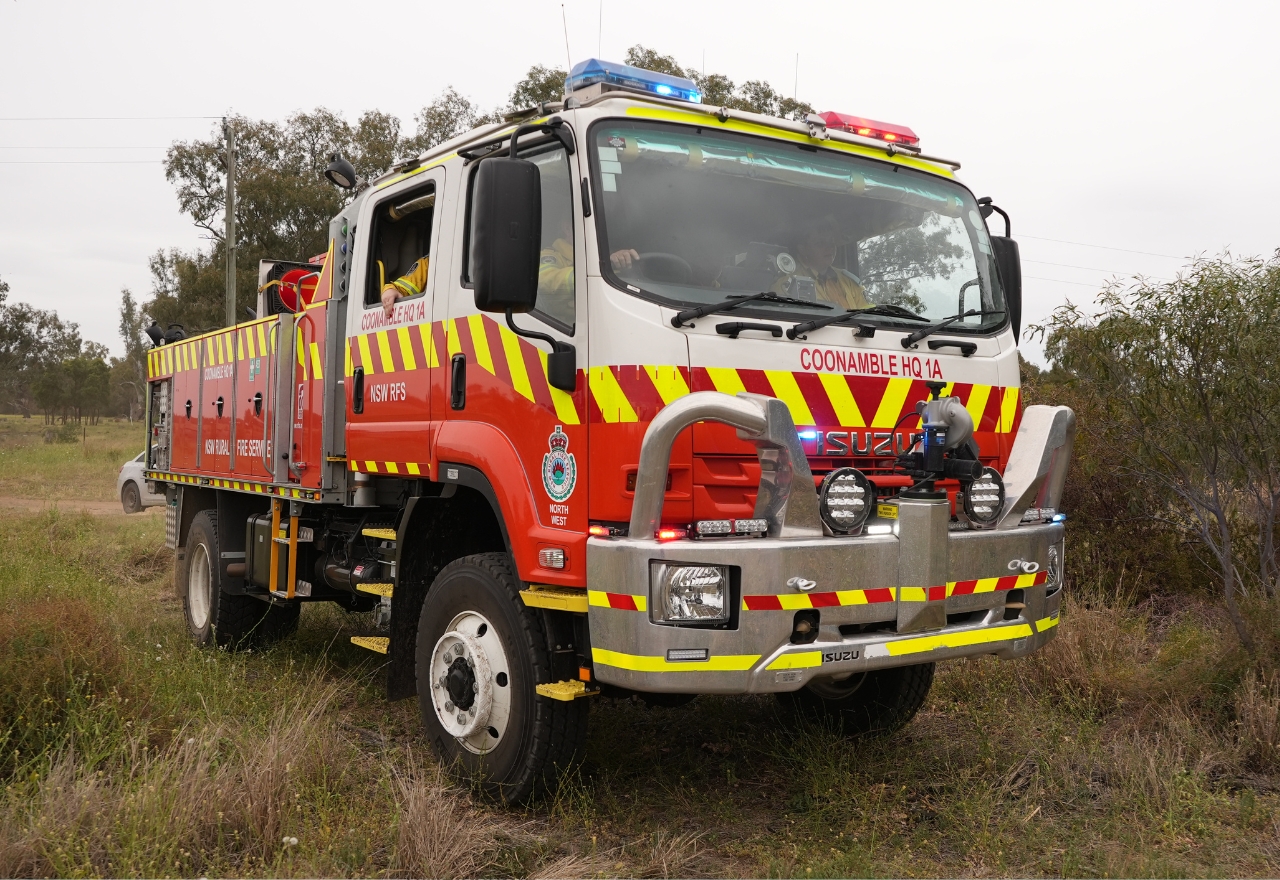Aboriginal water licenses open under new strategy
River McCrossen
22 October 2025, 8:20 PM
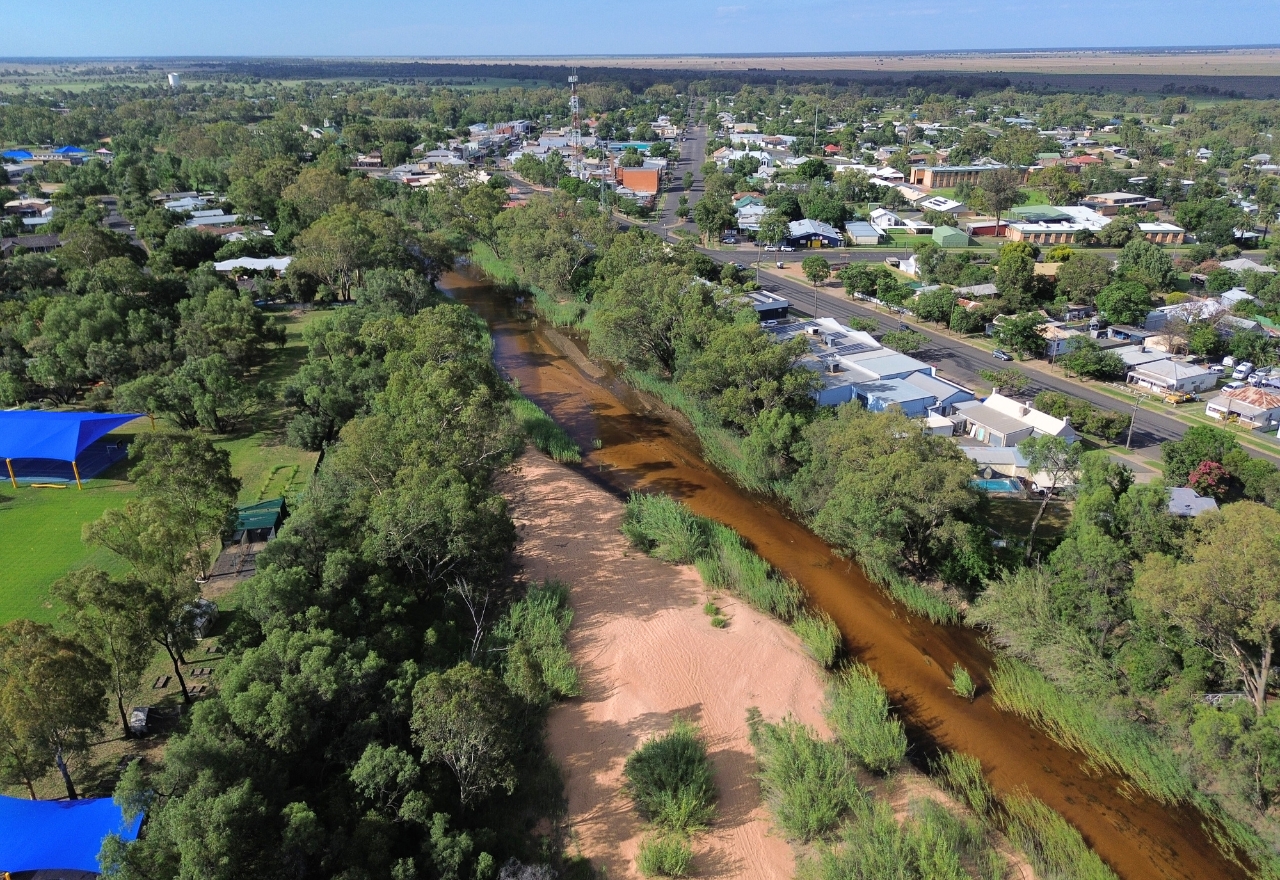 The Castlereagh River is part of the areas covered by surrendered water licenses which the NSW government has freed for Aboriginal groups. [IMAGE: River McCrossen]
The Castlereagh River is part of the areas covered by surrendered water licenses which the NSW government has freed for Aboriginal groups. [IMAGE: River McCrossen] The NSW government will free up surrendered water entitlements for Aboriginal people as they release the state's first Aboriginal Water Strategy.
Aboriginal-controlled organisations can now register their interest for a share of 26,000 megalitres, which can be used for cultural and environmental purposes, and commercial operations like small-scale farming.
The government announced the strategy in mid-October, which they say aims to increase Aboriginal water ownership.
“For too long, Aboriginal peoples have been left out of decisions about water and denied the opportunity to benefit from it," NSW water minister Rose Jackson said.
“It won’t solve everything overnight and we know there is plenty more work to do, but it is a practical first step towards greater ownership and self-determination.”
Registrations of interest for surrendered water access licences end on 10 December 2025.
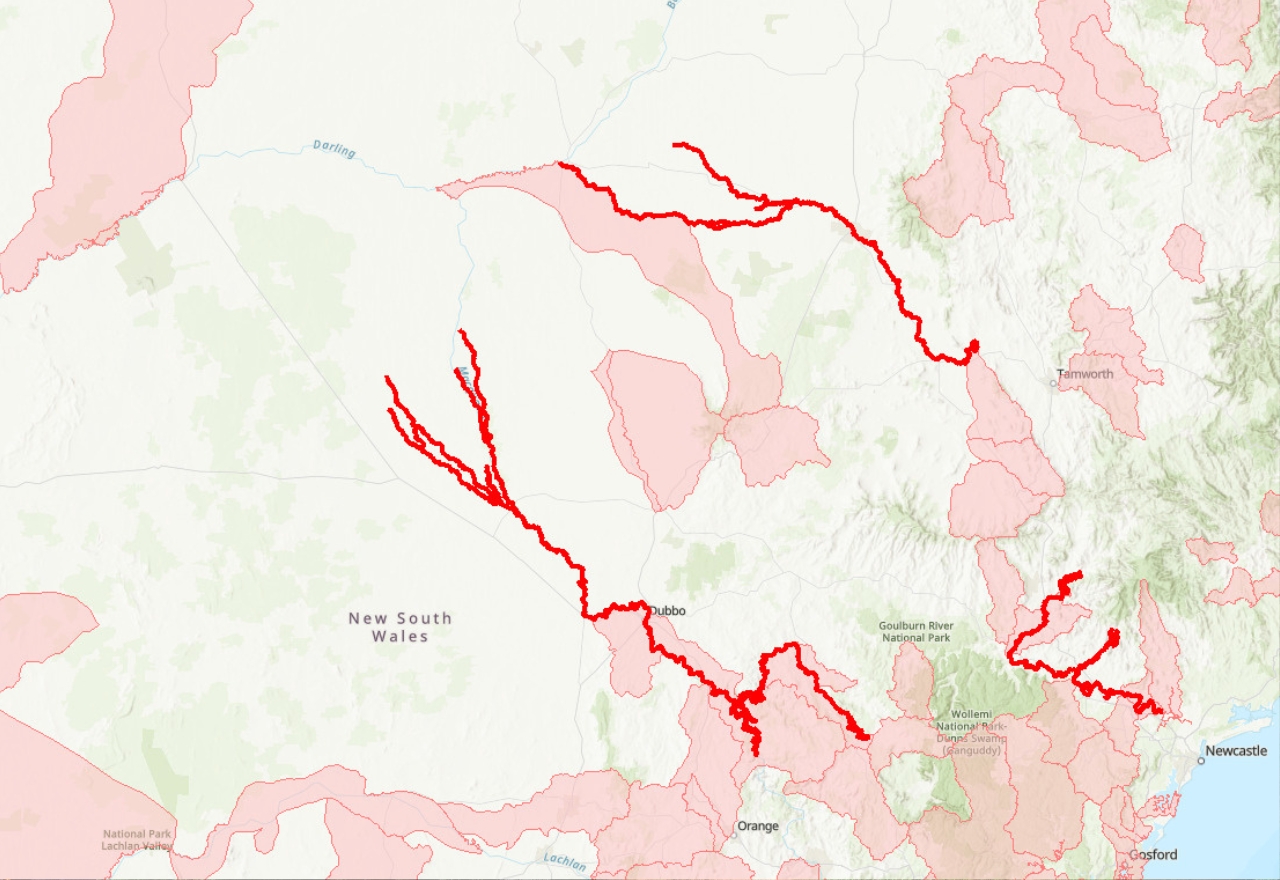
A map showing areas where surrendered water entitlements are up for grabs for Aboriginal-controlled organisations. [SOURCE: Department of Climate Change, Energy, the Environment and Water (DCCEEW)]
Aboriginal people currently own under 0.2 per cent of licensed water entitlements in NSW, according to a government media release.
However, water policy consultant and former director of the Murray Darling Basin Authority, Maryanne Slattery, said most licences will have limited use.
"Most of the water is in unregulated Water Sharing Plan areas, which don't have public headwater storages and aren't managed by river operators," she said.
"Only a bit over 500 megalitres of the shares are for water that the owner can request when it is delivered.
"It's better than nothing, but it's not going to go very far in making water available to Aboriginal people in a meaningful way."
The new entitlements are counted towards the socio-economic goals of the Closing the Gap reforms, although Ms Slattery said this was "disingenuous" given the unregulated streams were unused and already going into the environment.
She also said Aboriginal groups would have to take on the cost of water licence fees.
About 14,600 megalitres of the surrendered licences are from unregulated sources like the Castlereagh River, while about 10,800 megalitres comes under 'groundwater' in rivers and other sources where releases are controlled and measured.
The new strategy also reaffirms a process to create a NSW-specific Closing the Gap water target.
It isn't yet clear how it will be measured, although the NSW government says community engagement starting in 2026 will inform the target's final form.
Wendy Spencer from Walgett-based Dharriwaa Elders Group said many Aboriginal groups didn't have access to facilitated explanations or background information to provide informed advice during consultations on the Aboriginal Water Strategy.
"It's the requirement of the UN Declaration on the Rights of Indigenous People that people have free, prior and informed consent," she said.
"Aboriginal communities need long term resources to build the ability to navigate the overly complex water policy used by the NSW Government, to understand what they're engaging with and to be able to even have a relationship with government when people come and ask them what they think about water policy.
"It's an uneven playing field."
Ms Spencer said that Dharriwaa Elders Group plans to publish a considered response to the strategy in November.
The draft strategy went on public exhibition in July and August 2024, while face-to-face consultations were held in the area, including Coonamble and Walgett.
View the strategy here.
